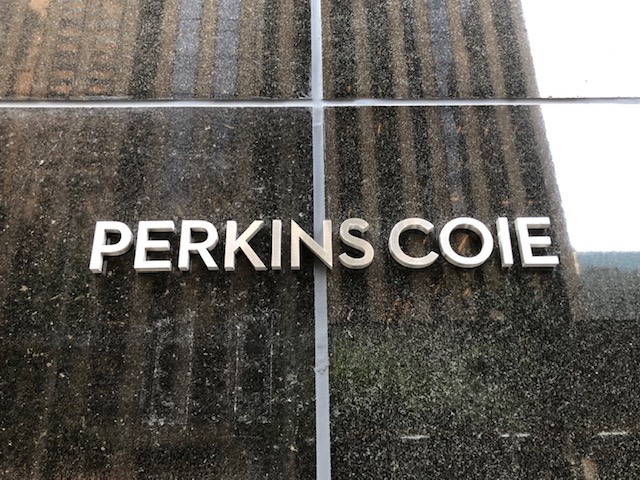Legal Fallout from Executive Order 14230 Against Perkins Coie
Background on Executive Order 14230
In an unprecedented move, President Donald Trump issued Executive Order 14230, specifically targeting Perkins Coie, a prominent law firm. This act raised significant concerns among legal experts, prompting discussions about its constitutional validity.
Legal Action by Perkins Coie
In response to the Executive Order, Perkins Coie swiftly filed a lawsuit, claiming violations of the First, Fifth, and Sixth Amendments. The firm’s legal actions were grounded in the belief that the Executive Order threatened their rights and operations.
Judicial Response
Judge Beryl Howell was assigned to the case, and her response was rapid. Following a temporary restraining order hearing, she pronounced a significant ruling, enjoining the enforcement of critical aspects of the Executive Order on the same day.
Howell’s opinion began with a notable quote from Shakespeare, effectively framing her argument within a historical context:
“No American President has ever before issued executive orders like the one at issue in this lawsuit targeting a prominent law firm with adverse actions…”
—Judge Beryl Howell
Key Findings of the Court
In her comprehensive 102-page ruling, Judge Howell categorized the Executive Order as a violation of constitutional rights. The judge emphasized:
- It constitutes an unprecedented attack against a legal entity.
- It infringes upon First, Fifth, and Sixth Amendment rights.
- The Executive Order was declared “null and void.”
Additionally, Howell mandated that the Department of Justice inform all concerned parties of the ruling, underscoring the importance of compliance.
Conclusion
The case against Executive Order 14230 highlights critical discussions around the boundaries of presidential power and the protection of legal entities. Judge Howell’s ruling serves as a pivotal moment in defining the relationship between law firms and governmental authority, establishing a precedent for future legal interventions.

